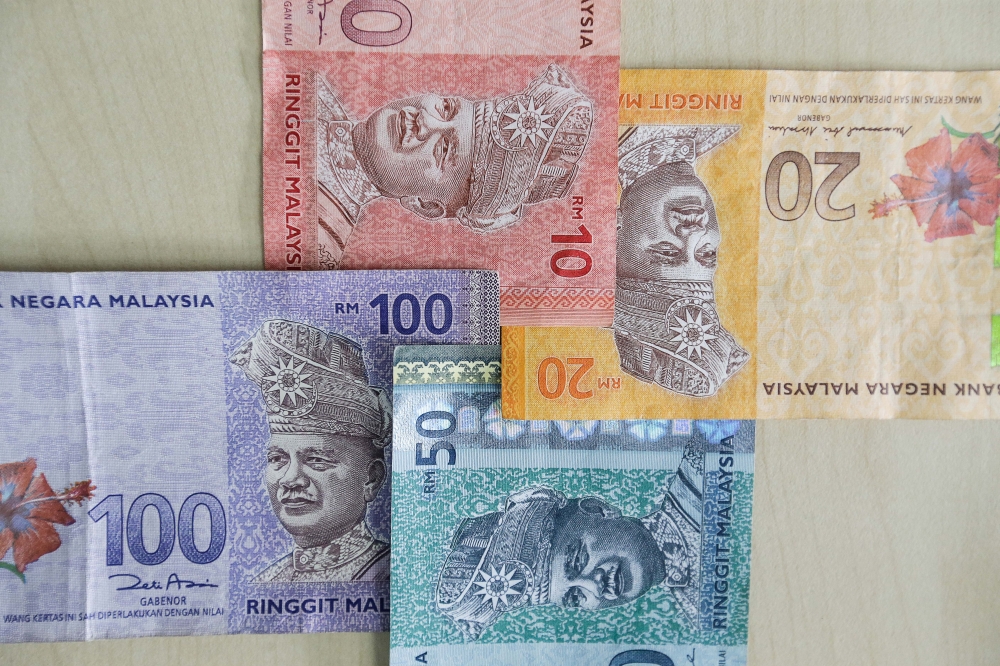GEORGE TOWN, Oct 8 — The World Bank’s revision of its forecast for Malaysia’s economic growth from 4.3 per cent to 3.9 per cent bodes poorly for the local economy, economists warned.
While the 3.9 per cent projection showed that there is still some growth in the Malaysian economy for the rest of this year, they said domestic demand may not be sufficient to keep the country’s economy resilient.
Economist Prof Mohd Nazari Ismail said household debt is worryingly high at the moment at around RM1.4 trillion.
“Corporate debt is also high. A high level of indebtedness will reduce the resilience of our economy,” he told Malay Mail.
He said the government will face a difficult challenge, especially with a high government debt of around RM1.5 trillion, which will limit its ability to stimulate the economy in the event of a downturn.
“Borrowing costs will increase further if the government continues to spend using borrowed money,” he said.
He said the re-introduction of a goods and services tax (GST) to generate government revenue would not only be unpopular, but may also depress domestic demand.
Another economist, Nungsari Ahmad Radhi, also said household consumption may not be able to drive economic growth.
Meanwhile, Socio-Economic Research Centre executive director Lee Heng Guie believes that the country’s stable labour market conditions and income growth will drive domestic demand amid high cost of living.
“While the government will continue to consolidate and mend its fiscal deficit through revenue enhancement, subsidy rationalisation and expenditure re-prioritisation and optimisation to rebuild fiscal buffers, the spending allocation and measures will continue to sustain economic growth, ease cost of living pressures and drive investments in high growth high value (HGHV) sectors,” he said.
Kenanga Investment Bank head of economic research Wan Suhaimie Saidie also said domestic demands with the support of the government’s targeted fiscal spending would at least cushion the impact of weaker economic growth.

Prof Mohd Nazari said Malaysia’s economy is heavily linked to China.
“The outlook for China is not so good at the moment due to the collapse of the property sector,” he said.
He said if China’s economy were to weaken, then growth may even be lower than that predicted by the World Bank.
“Much will depend on what will happen to China’s economy, which will also affect the global economy,” he said.
He said if China’s economy remains resilient, then Malaysia’s economy can achieve the projected growth but if China’s economy goes down, Malaysia will see difficult days ahead.
In such a scenario, he said many companies may face business losses and may need to cut costs such as cutting wages and reducing their workforce.
He said the most affected are those saddled by debt burdens but generally, the B40 group will suffer the most as they do not have savings to fall back on.
Nungsari said it is best that the government sort things out institutionally and build capabilities.
“Beyond ensuring a decent safety net, the thing to do is to prepare for when demand returns,” he said.






















